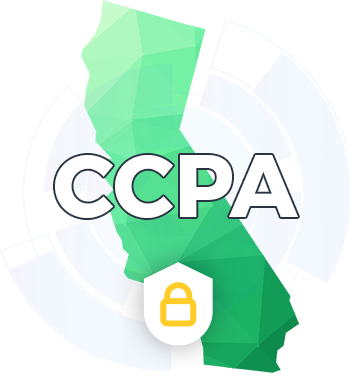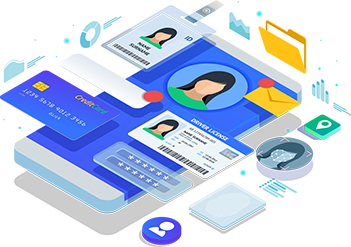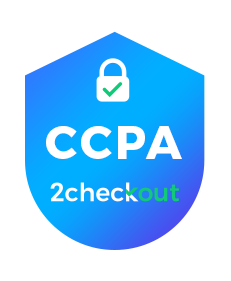



2Checkout takes privacy, security and complying with data protection and privacy laws seriously. Our Privacy Policy gives full visibility of how we collect, use, share and protect personal information when using our products, services and our website.